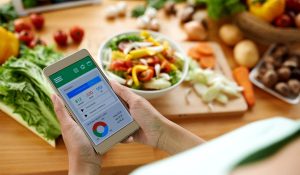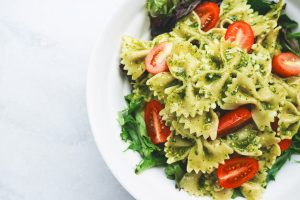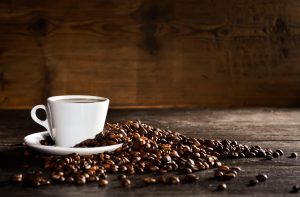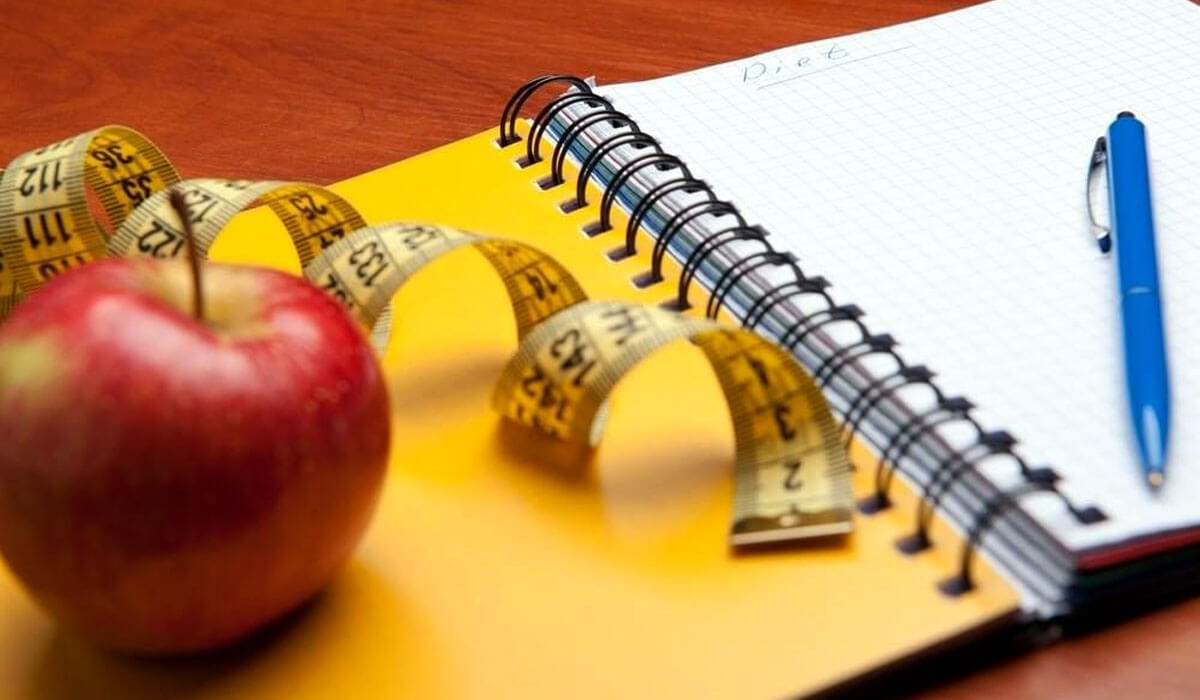
The What, Why, & How of Food Journaling for Diabetes
Food journaling can provide many benefits to patients with diabetes.
Learn more about how this skill can help you gain more control over your blood sugars and achieve your weight loss goals.
🥗 What is Food Journaling?
If you have diabetes or are just trying to be more health conscious, it is important to know the portion of foods that you are consuming and make sure you are including lots of healthy foods in your diet. Some examples of these foods include minimally processed foods, non-starchy vegetables, and foods with lower contents of added sugars.
- One way to help yourself keep track of your portion sizes and the foods you eat is to keep a food journal. Studies have shown that keeping a food journal can help you manage your diabetes better by lowering blood sugars and helping with weight loss.
📖 Food Journaling is documenting the amount of food that you are eating. For example:
Breakfast (7:15 am): 1 cup of apples (95 calories, 25g carbohydrates), 1/2 cup of Oatmeal (150 calories, 27g of carbohydrates), 15 almonds (165 calories, 6g carbohydrates) - When utilizing a food journal, it is important to update the journal as soon as possible after eating to ensure that it has the most accurate information. Some people tend to hold off on logging their meals and snacks because they think they will remember to do it later. However, in reality, most people end up forgetting to record their meals when they do not do it right away.
- Keeping a food journal can be beneficial by making you more aware of what is going into your body and when. Sometimes, it can also be useful to write down a couple of notes when you log your food to help you understand why you may be eating what you are eating. With food journaling, it is essential that you stay consistent and that you find what works best for you.
🥗 Finding the Right Food Journal for You
There are a lot of different ways that you can keep track of your diet with a food journal. The most important thing with food journaling is that you find a method that works best for you. For some people, it is easier to have a physical notebook where they can write down their meals and snacks each day. For others who don’t want to carry around a physical food journal, there are many online resources like smartphone apps and websites that you can use to keep track of your diet.
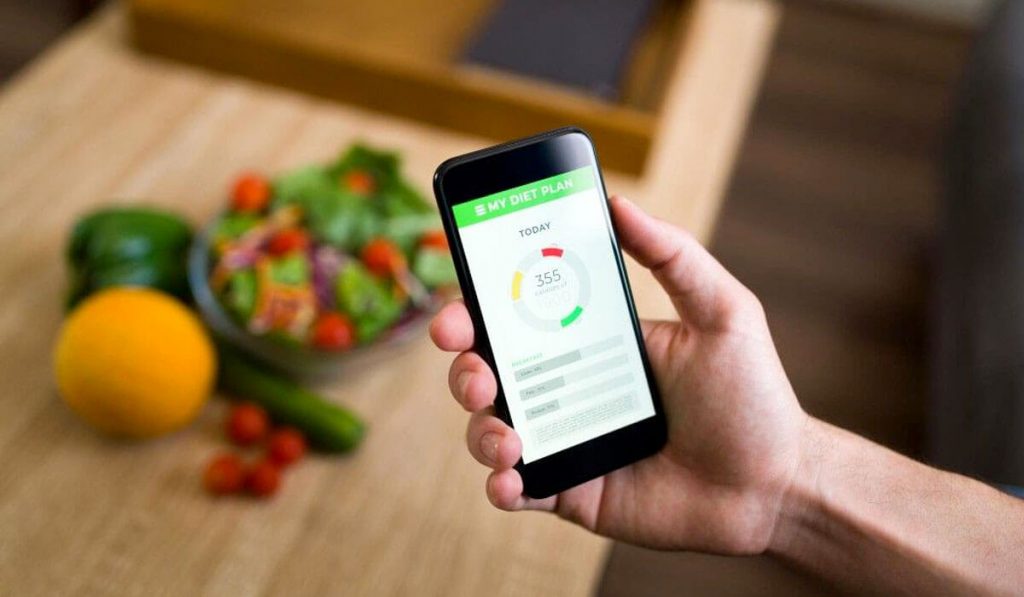
Here are some examples of online food journals that you can try:
📌 MyPlate
📌 FitDay
🥗 Reviewing Your Food Journal
After logging your diet in your food journal for a few weeks, go back and review what you have been eating. This will allow you to reflect on trends that you may see regarding when you eat, what you eat, and why you eat. By looking through your food journal entries, you can become more aware of the foods you are putting in your body and how you can change your diet to better serve you and your lifestyle. If weight loss or a healthier diet are some of your goals, try bringing your food diary into your next appointment to discuss it with your healthcare provider. They can help you identify areas that you could improve on and offer advice on how you can reach your goals.
Summary Food journaling is a great way to keep track of your diet and increase your self-awareness of the foods you are eating. There are multiple food journaling apps and websites that you can use, or you can simply write down your meals and snacks in a notebook with a pencil or pen. Try to find whatever works best for you!

